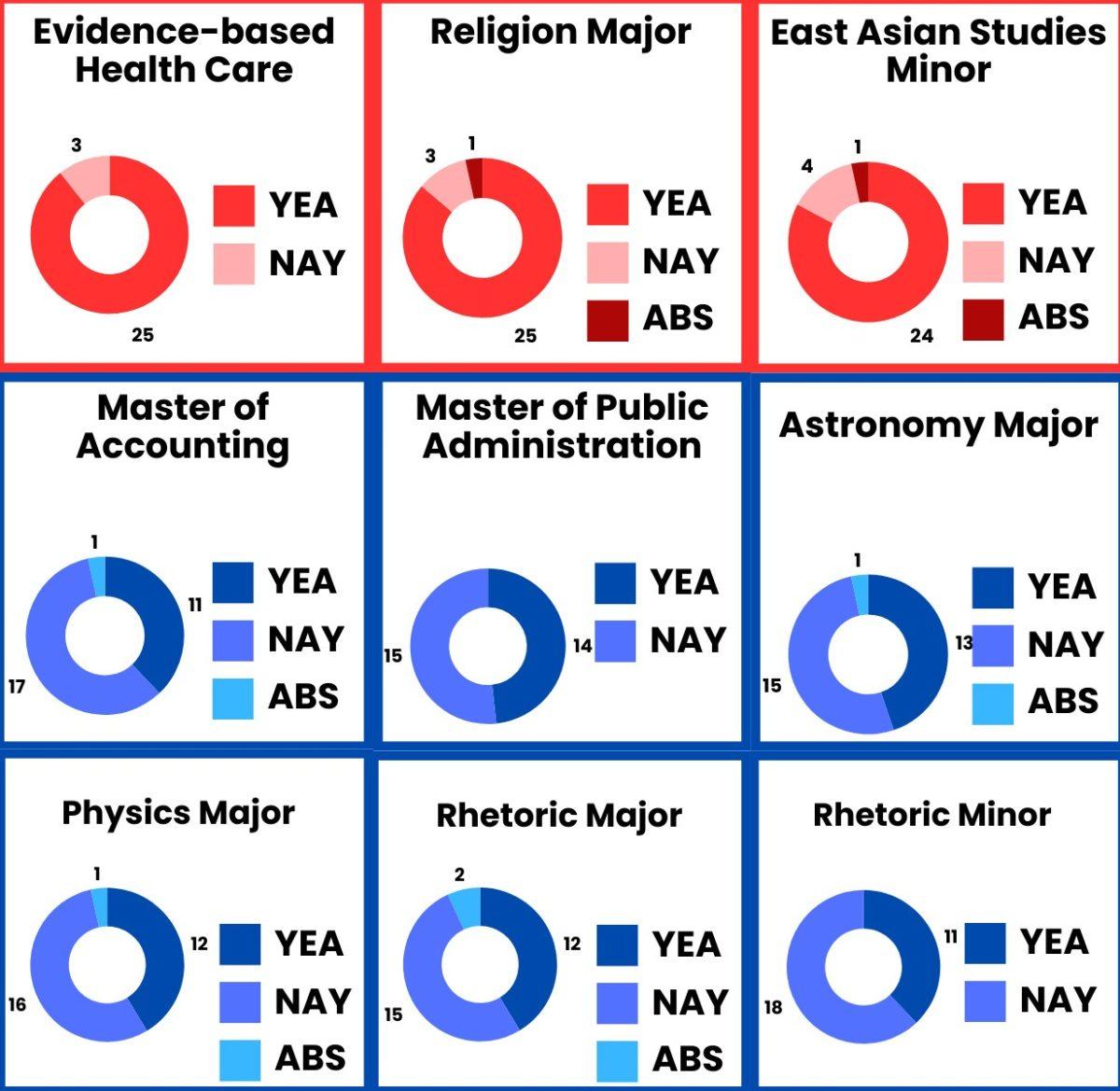COVID-19 has changed game day preparations for athletes and athletic departments across the country. At Drake University, the daily work that goes into sanitation, social distancing, COVID-19 testing and how athletes gain access to athletic trainers has changed how much work goes into a successful season.
Many of these new responsibilities have fallen onto the shoulders of athletic trainer Bri Cleveland.
“I have my regular job of being an athletic trainer, treating orthopedic injuries, caring for athletes in emergency situations, rehabilitating athletes, and now I have these new roles,” Cleveland said. “I have COVID testing that occurs three times a week, I have to contact trace if we have athletes with COVID symptoms, and care for those athletes who have COVID symptoms.”
The stakes are high if a COVID-19 outbreak happens to strike the athletic department. Cleveland and the other trainers are trying their best in order to keep athletes safe and keep a sense of normalcy but they sacrifice their own time in order to do so.
“Typically we would have big groups of guys coming in for rehab and now we have to make sure that we are appropriately distancing and spacing out when doing rehab,” Cleveland said. “My day has become a lot longer because we have to make sure that we aren’t getting in too many people at one time.”
The new guidelines do not just apply to on-campus activities. Athletes must constantly monitor their activities, like going out to eat or getting groceries, which has been something that the trainers have been trying to make all athletes and coaches understand.
Angie Dahl, the Head Athletic Trainer at Drake University, has seen how these off-the-field activities affect teams and how the virus is always a concern for them.
Dahl said over text that it has been difficult “getting the athletes and coaches to buy in and understand why they can not do the things they want to if they want to stay COVID-free.” Part of this struggle comes down to what she describes as the “unpredictability of the virus.”
“Sometimes it affects people you think were exposed and others it does not,” Dahl said. This unpredictability can lead to people letting their guard down.
When this happens, the trainers must entact an emergency protocol. This was seen earlier this year at Stetson University in DeLand, Florida, which cancelled the March 27 matchup against the Bulldogs because of a COVID-19 outbreak.
Players at Drake who contract the virus must follow a thorough protocol to minimize damage and keep the season from coming to a halt. A 10-day quarantine, full team and staff testing and the recovery process are just the bare minimum that goes into getting an infected player back to playing again.
The protocol was put into place by Drake’s athletic trainers to reduce the risks of heart complications in student-athletes. According to studies from the American Heart Association, COVID-19 can damage or strain survivors’ hearts even without pre-existing conditions.
Jonathan Engle, a junior and student athlete, has contracted and recovered from the COVID-19 virus and has been through the protocol.
“First day was just a general check in and then I went to the doctor the next day and they did some tests on me,” Engle said. “The steps to being back full: 15 minutes of walking with a heart monitor on, 15 minutes the next day, 30 minutes the day after, and then a jog/walk all with a heart monitor on.”
Despite the setback, Engle describes how it feels to be back out on the field and being able to play despite the unusual circumstances that D1-AA football has found itself in.
“I think we were very grateful as a team just to be able to, you know, play some games before our final senior season in the fall,” said Engle. “So it’s good, a little tuneup season, it’s fun to play for something with the guys again.”







